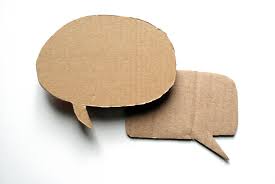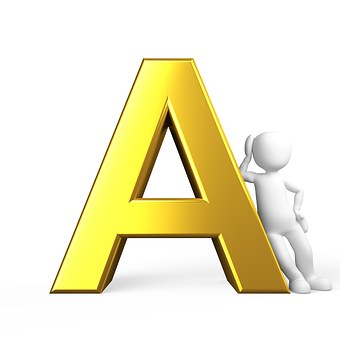Nobody said it would be easy to finish a novel, get it published, have people read it. This last bit is important: because if no one actually reads my words, I have been ostensibly shouting into a paper cup. The pages of exposition, dialogue, and conflict I’ve created could become just so many trees falling in a silent wood.
Writers know that writing isn’t easy. Writing is a job. (I know because Anne Patchett says so!) The only people who dismiss writing as a profession also think teachers have it easy because they have summers off, all doctors spend their Wednesdays playing golf, and flight attendants are just glorified waitresses.
Writing requires discipline, too, that may be compared to entrepreneurship, that is often described as business. After all, writers create a product that then must be marketed, sold, and consumed. Writing a good book takes time and talent, a talent that can be honed with patience and persistence.
Stories of persistence paying off are legendary. J.K. Rowling submitted her first novel to dozens of publishers before Scholastic picked it up. And unlike other professions that have overwhelming odds like being a professional athlete, singer, or actor, there are no age limitations. But becoming a best-selling novelist isn’t winning the lottery.
In Writer Unboxed, guest writer Jordan Rosenfeld gives us Seven Secrets of Highly Persistent Writers. Only one of the seven secrets refers directly to the writing itself. While the details of the piece are important, let us suffice it to say that my biggest take away is that successful writers are the ones who don’t give up.
That’s easy to follow when the writing’s going well. When I get into my novel, have the time to delve in deep and not come up for air for two to four hours of uninterrupted writing, I can get a lot accomplished. Sure, the word count goes up, the writing is smooth, the wording is nearly final draft quality, and I get that runner’s high writers and artists secretly long for.
But lately I’ve been experiencing a sort of Zeno’s Paradox with my novel. I’ve been so close to finishing for months now. The word count has slowly ticked its way up, but my solid blocks of time are less frequent, and I’m still a few chapters shy of a finished draft. As I get closer to that horizon, it just seems to be receding in front of me.
Sure, life has been a distraction, but my real problem is that I’m doing other kinds of writing. It sounds good, but I’m keenly aware that I’ve lost focus. My worst excuse is that April was Poetry Month and poetry, my first love, seduced me. Have I been squandering my writing time on poetry? Is writing poetry a form of procrastination? Or is it just another way of flexing my writing muscles?
Maybe it’s a classic case of the grass is always greener. Sonia Chung, about a year ago, explored the ability of poets to transition to novelist (and novelist poets) in her article Fiction Is a Trudge, Poetry Is a Dance: On Poet Novelists begins with her own disappointment of being told she might be a poet after making huge efforts to write prose.
But then, we all ask, why can’t we be both? My optimist self says this penchant for writing poetry could be a boon. Go for it, the muse on my other shoulder says, send out submissions to poetry magazines. I could go on and on about the relative accessibility of one genre over another, but is it really about whether time spent on blogging or poetry writing is less worthy of my energy than my novel?
The truth is, it’s easy to lose focus and get caught up in the excitement of something fresh when you’ve been working on a full-length novel for months. Can someone with a short attention span have the fidelity to see the process through?
I’ll have to get back to you on that.

















